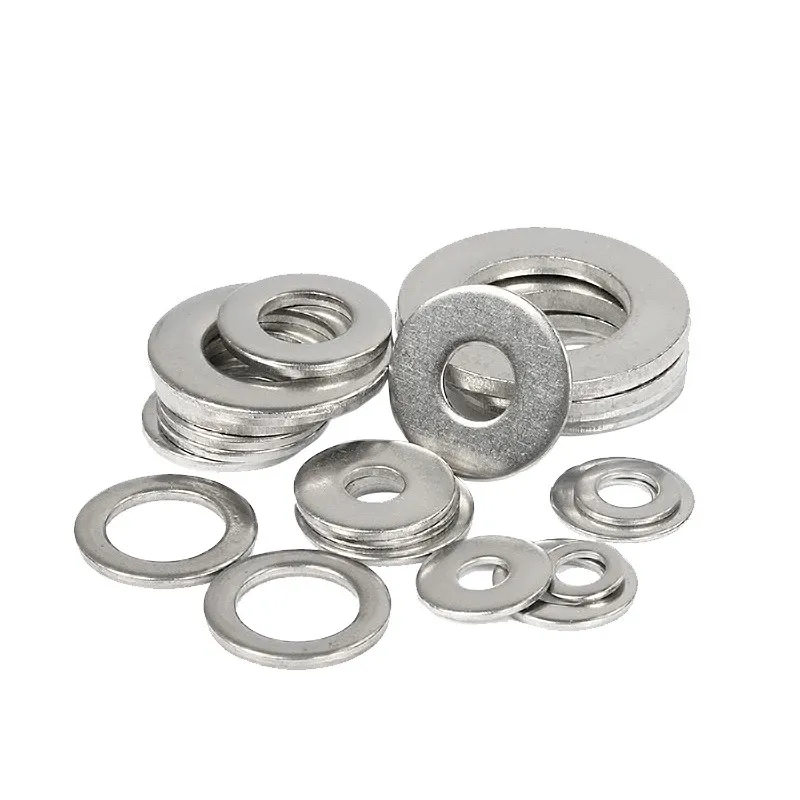

Exploring Innovative Solutions in Fastener Manufacturing for Enhanced Quality and Efficiency
Jul . 22, 2024 02:30 Back to list
Exploring Innovative Solutions in Fastener Manufacturing for Enhanced Quality and Efficiency
Fastener Factory The Heart of Manufacturing
In the realm of manufacturing, the importance of fasteners cannot be overstated. They are the unsung heroes that hold together countless products and structures, allowing for the seamless functioning of various industries. A fastener factory specializes in producing these indispensable components, and understanding its operations provides valuable insight into the broader manufacturing landscape.
The Role of Fasteners
Fasteners are mechanical devices that join two or more objects together. From screws, bolts, and nuts to rivets and washers, these components play a crucial role in assembly processes across diverse sectors, including automotive, aerospace, construction, and electronics. The composition of fasteners also varies, ranging from metals like steel and aluminum to plastics, each chosen for specific applications based on their strength, weight, and resistance to corrosion.
The Manufacturing Process
Fastener production involves several steps, beginning with the selection of raw materials. Manufacturers typically source high-quality steel or other relevant materials to ensure durability and reliability in the final products. Once the materials are procured, they undergo processes such as forging, machining, and heat treatment to reach the desired specifications.
1. Forging This is the primary method used to shape the fasteners. The raw material is heated until it becomes malleable and then shaped into rough fastener forms using molds and dies. This process enhances the strength of the material.
2. Machining After forging, the rough shapes are refined using CNC (Computer Numerical Control) machines. This step involves drilling, cutting, and threading to achieve precise dimensions and functionality.
3. Heat Treatment Many fasteners undergo heat treatment to increase their hardness and resistance to wear. This process involves heating the fastener to a specific temperature and then rapidly cooling it, altering the internal structure of the metal and resulting in enhanced performance.
fastener factory

4. Surface Finishing The final step is often the application of surface coatings to protect against corrosion and wear. Methods such as galvanization, anodization, or powder coating are commonly used, depending on the intended application and environment.
Quality Control
Quality assurance is vital in the fastener manufacturing process. A fastener factory implements rigorous quality control measures at each stage of production. This includes material inspections, dimensional checks, and testing for mechanical properties. Compliance with industry standards, such as ASTM or ISO, ensures that fasteners perform reliably under stress and meet safety regulations.
The Future of Fastener Manufacturing
As industries evolve, so do the technologies and methodologies employed in fastener production. Automation and robotics are increasingly integrated into fastener factories, enhancing efficiency and reducing labor costs. Moreover, advancements in materials science allow for the development of innovative fasteners that are lighter, stronger, and more resistant to environmental challenges.
The emphasis on sustainability also influences the fastener industry. Many manufacturers are exploring ways to minimize waste, recycle materials, and create eco-friendly production processes. This shift reflects a broader trend towards corporate responsibility and environmental stewardship.
Conclusion
A fastener factory is more than just a production facility; it is a vital component of the manufacturing ecosystem. By understanding the complexities of fastener production—from raw material selection to final quality control—we gain appreciation for the fundamental role these small yet mighty components play in countless applications. As technology advances and industries evolve, the fastener manufacturing sector will continue to adapt, ensuring that these critical elements continue to perform their important functions for years to come.
Latest news
-
High-Strength Hot Dip Galvanized Bolts - LongZe | Corrosion Resistance, Custom Sizes
NewsAug.01,2025
-
Best Self Tapping Screws for Drywall - Fast & Secure Installation
NewsJul.31,2025
-
High-Strength Hot Dip Galvanized Bolts-Hebei Longze|Corrosion Resistance&Customization
NewsJul.31,2025
-
Hot Dip Galvanized Bolts-Hebei Longze Metal Products|Corrosion Resistance&High Strength
NewsJul.31,2025
-
Hot Dip Galvanized Bolts-About LongZe|High Strength, Corrosion Resistance
NewsJul.30,2025
-
High-Strength Hot Dip Galvanized Bolts - Hebei Longze | Corrosion Resistance, Customization
NewsJul.30,2025

